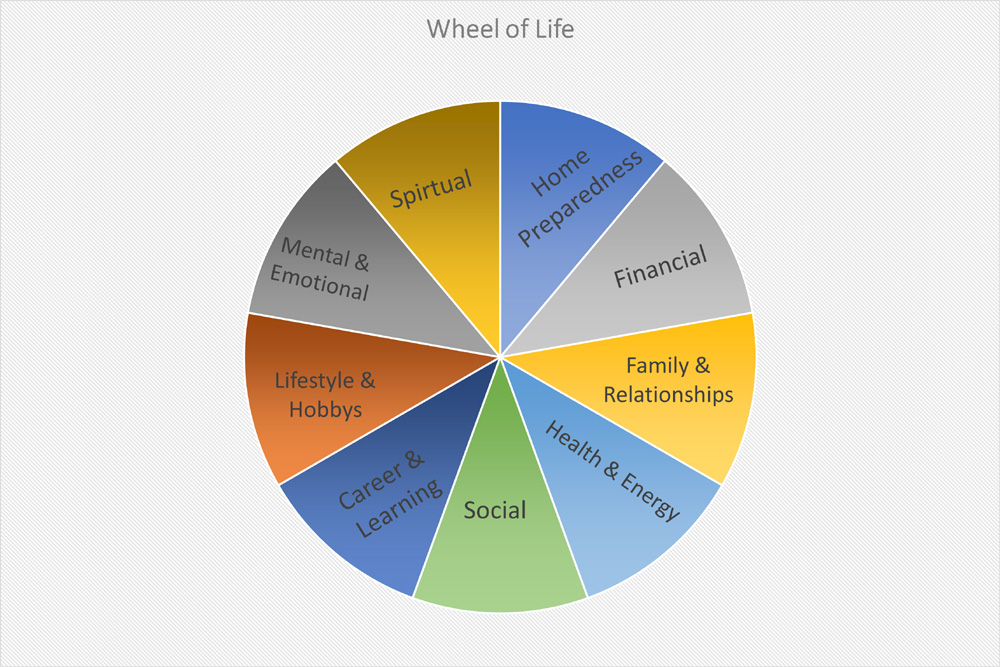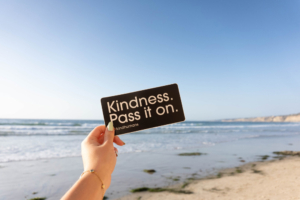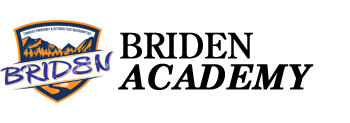Valuable Lessons Learned From Covid 19
It’s now 2023, and as the COVID-19 pandemic becomes a chapter in our history, we find ourselves reflecting on the profound lessons learned during this global crisis. While the world has collectively endured unprecedented challenges, lets recognize the resilience, scientific advancements, and enduring human spirit that guided us through this tumultuous period.
profound lessons learned during this global crisis. While the world has collectively endured unprecedented challenges, lets recognize the resilience, scientific advancements, and enduring human spirit that guided us through this tumultuous period.
Global Lessons
Strengthening Healthcare Infrastructure
The pandemic exposed vulnerabilities in healthcare systems worldwide. As we move forward, investing in healthcare infrastructure and capacity becomes a priority. Ensuring an adequate supply of medical equipment, training healthcare workers, and establishing surge capacity are important components of preparedness.
The Power of Global Collaboration
The pandemic underscored the importance of international collaboration. The successful development and distribution of vaccines were made possible through global cooperation. Lessons learned emphasize the need for equitable vaccine access, information sharing, and mutual support.
Early Detection and Surveillance
One of the primary lessons from the COVID-19 pandemic is the significance of early detection and surveillance systemsWe must encourage investing in global surveillance networks and collaborative efforts between countries to create early warning systems for emerging threats.
Communication and Information Sharing
Transparent and effective communication emerged as a lifeline during the pandemic. Clear, timely, and accurate information aided in responding to global health crises. Combating misinformation and promoting health literacy will remain vital moving forward.
Empowering Local Communities
Community-level preparedness is a key aspect of pandemic readiness. Promoting personal and family preparedness, supporting community resilience, and educating individuals on preventive measures can reduce transmission rates and alleviate pressure on healthcare systems.
Continuous Risk Assessment
Regular risk assessment and scenario planning supports preparedness strategies as new threats emerge. Monitoring zoonotic diseases, environmental factors, and other indicators will help identify potential pandemic sources and hotspots.
Home-Based Lessons

I like to think of our lives as categories, similar (but not limited to of course) the above. What the pandemic taught me is that certain categories are very easily disrupted, while others can be less affected. As we asses our lives, each of these categories mean something different to each of us in our own personal development. Make an emergency plan for each in order to be better prepared for your future.
Pro-Tip: I like to assess these categories and rate them on a scale of 1-10. It gives me direction on what’s going well and what could use some extra attention
And of course then there’s the toilet paper fiasco. Having food and toiletries stocked can assist in avoiding mass panic buying in sight of an emergency.
Kindness Goes A Long Way
Throughout the COVID-19 pandemic, we witnessed a wide range of opinions and responses. Some advocated for strict safety measures, while others focused on individual freedoms and minimal government intervention. Despite these differences, the pandemic underscored our shared vulnerability and the need for empathy. It taught us that, regardless of our views, compassion, respect, and open dialogue can bridge divides and promote unity.
strict safety measures, while others focused on individual freedoms and minimal government intervention. Despite these differences, the pandemic underscored our shared vulnerability and the need for empathy. It taught us that, regardless of our views, compassion, respect, and open dialogue can bridge divides and promote unity.
In the face of uncertainty, personal opinions and differing beliefs can coexist harmoniously. When we recognize that our common goal is to protect and support one another during challenging times, unity feels much more achievable. The pandemic illuminated the strength of our global community when we come together, and these lessons can serve as a foundation for future cooperation and understanding in times of crisis.
My favorite quote: “Being offended does not make you right.” Patience is a virtue my friends!
Conclusion
The COVID-19 pandemic has left a mark on our world, but it has also gifted us with profound lessons. As we leave the pandemic behind, we must carry these lessons forward. We have learned that the world is interconnected, and pandemics demand collective effort that transcends borders.
The past has provided us with knowledge to better prepare for the future. Let these lessons serve as a compass as we navigate our path towards a more resilient and prepared world, ready to face whatever challenges may come our way.



